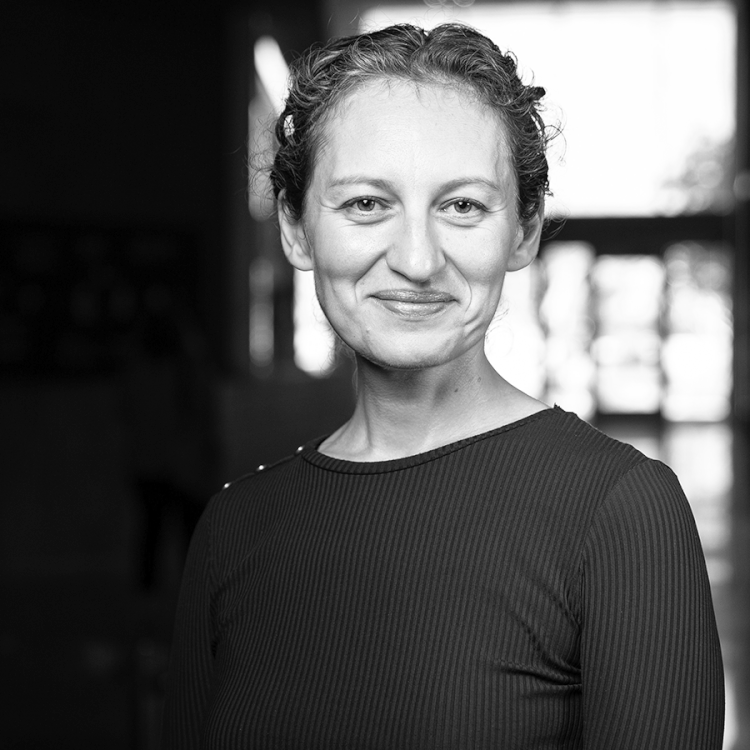GPS Groups: Goals & Problem-solving for Scientists
A mentorship model to aid women and other minorities succeed in STEM fields.
GPS Group --
a confidential peer-mentoring group for discussing professional concerns, engaging in analytical problem-solving techniques, and developing individualized plans of action. The private and close-knit nature of the GPS group ensures that members can thoroughly explore concerns in an atmosphere that is both supportive and exacting.
Mentoring has often been held up as one effective solution for resolving the leaky pipeline in STEM (Science, Technology, Engineering and Mathematics) fields. Although traditional mentoring relationships are valuable, they are one-directional. Peer-mentorship (also known as horizontal or lateral mentorship) offers a more complete alternative, where people both give and take critical advice, thereby being a mentee and a mentor, simultaneously. The value is not just in receiving advice from others, but also in staking a position and being able to contribute positively to a peer's goal-setting and problem-solving strategies.
While a GPS group can be beneficial at any career stage, it is likely to be most valuable in early career and transitional stages, such as from graduate school to postdoctoral positions, from postdoc to faculty positions, or from tenure-track to tenured positions, times when the largest drops in underrepresented minority numbers occur.
If you are interested in learning more about GPS groups or would like to start your own, here are a few options for more information:
Science article: In Person: Career GPS
Paper: GPS Groups: A Peer Problem-Solving Approach to Mentorship
Contact any of us:
Evgenya Shkolnik, Professor of Astrophysics at Arizona State University
Alexandra Surcel, Cell biologist at the Johns-Hopkins School of Medicine
Anat Shahar, Geochemist at the Carnegie Institution of Washington
Hannah Jang-Condell, Professor of Astrophysics at the University of Wyoming

